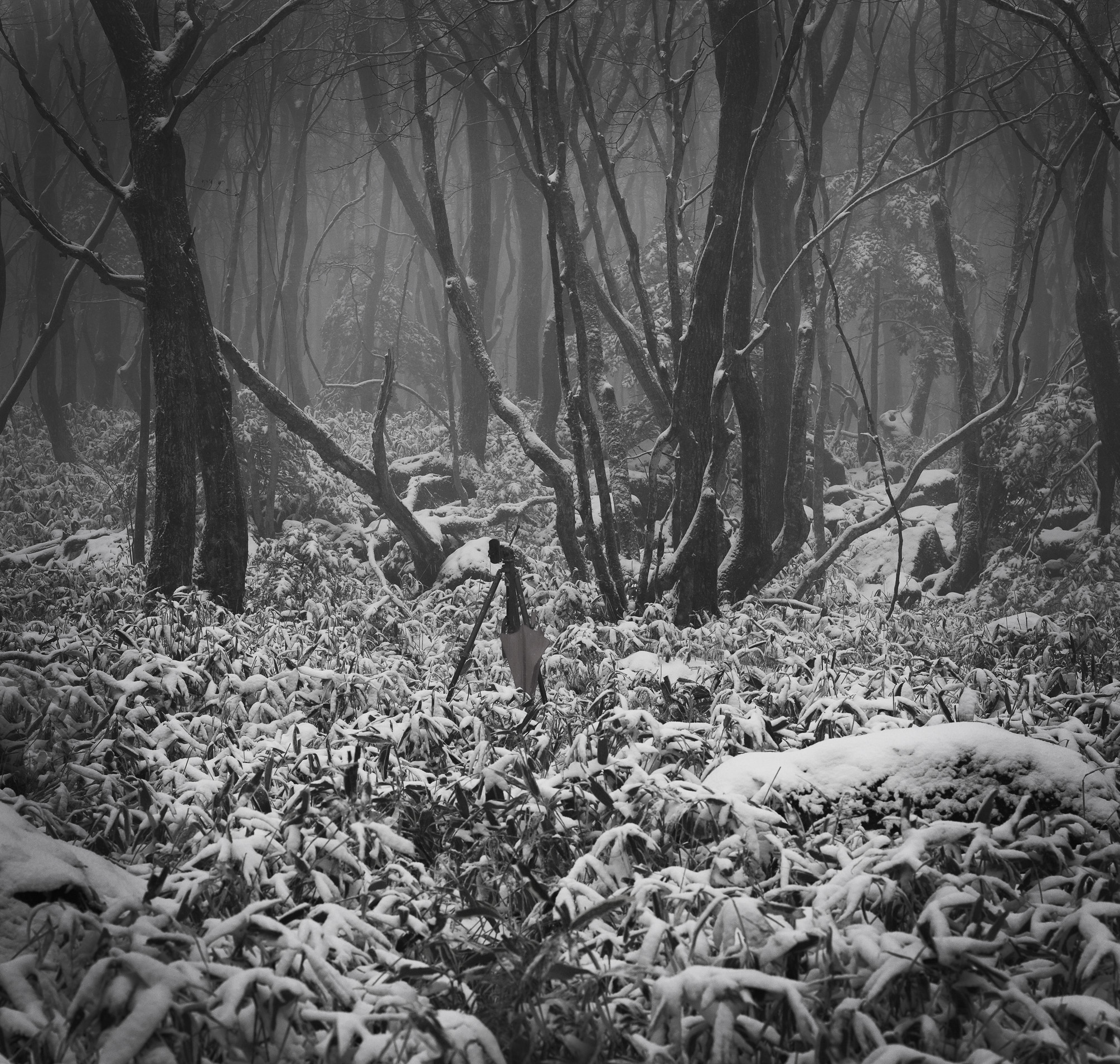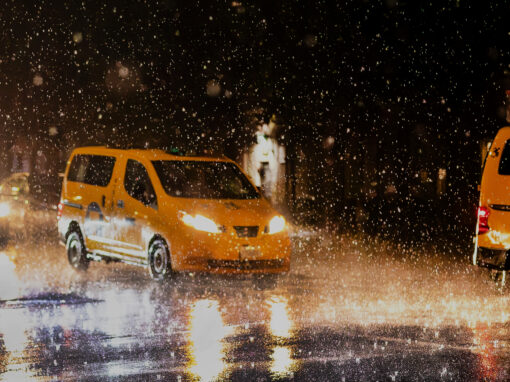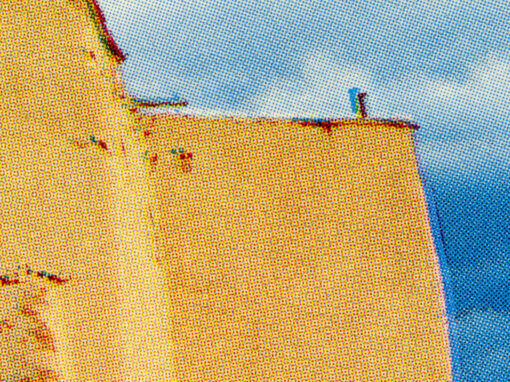Imagine a haiku, the ancient Japanese form of poetry.
Three lines.
Five syllables, then seven, then five again.
Tradition says the poem should invoke the natural world, though that’s often broken.
Here is an example: “A World of Dew” by Kobayashi Issa.
A world of dew,
And within every dewdrop
A world of struggle.
“DOR”, by Mari Calai
review by W. Scott Olsen
When done right, the haiku can be a breathtaking laser-shot to insight. When done wrong, the haiku can sound heavy-handed, like a forced metaphor or cliché.
Brevity is difficult. Brevity carries unusual weight. Brevity can also cause us to linger over the material and wonder at the associations we bring, the new ways of feeling and thinking the work provokes.
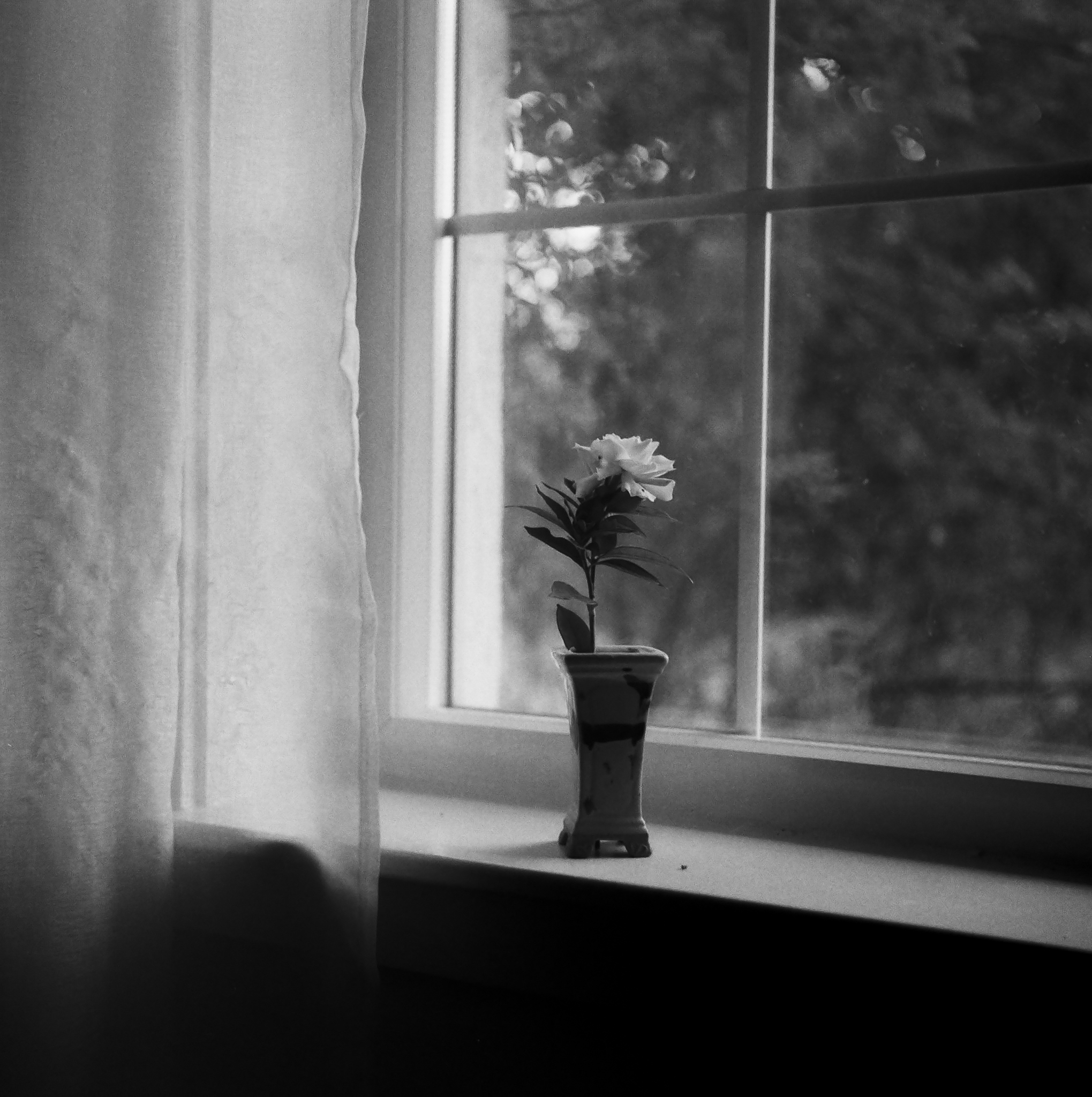
DOR, a new book by Mari Calai, is a photographic haiku, a brief book that looks at just one idea, expressed in images and quotes. Like a fine haiku, the book is an invitation to slow down and feel.
DOR holds thirty-five black and white images, all taken with Calai’s Rolleiflex. Each image is accompanied by a small quote, in both English and Calai’s native Romanian.
“Dor” is a Romanian term that means longing. But, like so many emotional terms, the translation to English does not bring along all the nuances. As Calai writes in a brief bit of text at the end, “It all started when I picked up a little black box, a vintage Rolleiflex. Somehow it made me miss something or somebody from my past or perhaps my future. w/hen I asked people what “dor” meant for them I was not surprised to hear so many different things. In Romanian, my native language, dor, although translated as ‘longing, or to miss something or somebody,’ it is more complex than that. Dor is our soul telling us to become more conscious of what and who we love. But, dor can also hurt, and how can a life without pain be called life? For me dor is all the love our soul can hold. Dor is about people, about a connection with nature, with the stars, and about childhood memories, and the warmest hugs, and the deepest feelings. Dor is when you sit in a special corner of your heart and you have a quite talk with someone you love, or you simply look into each other’s eyes.”
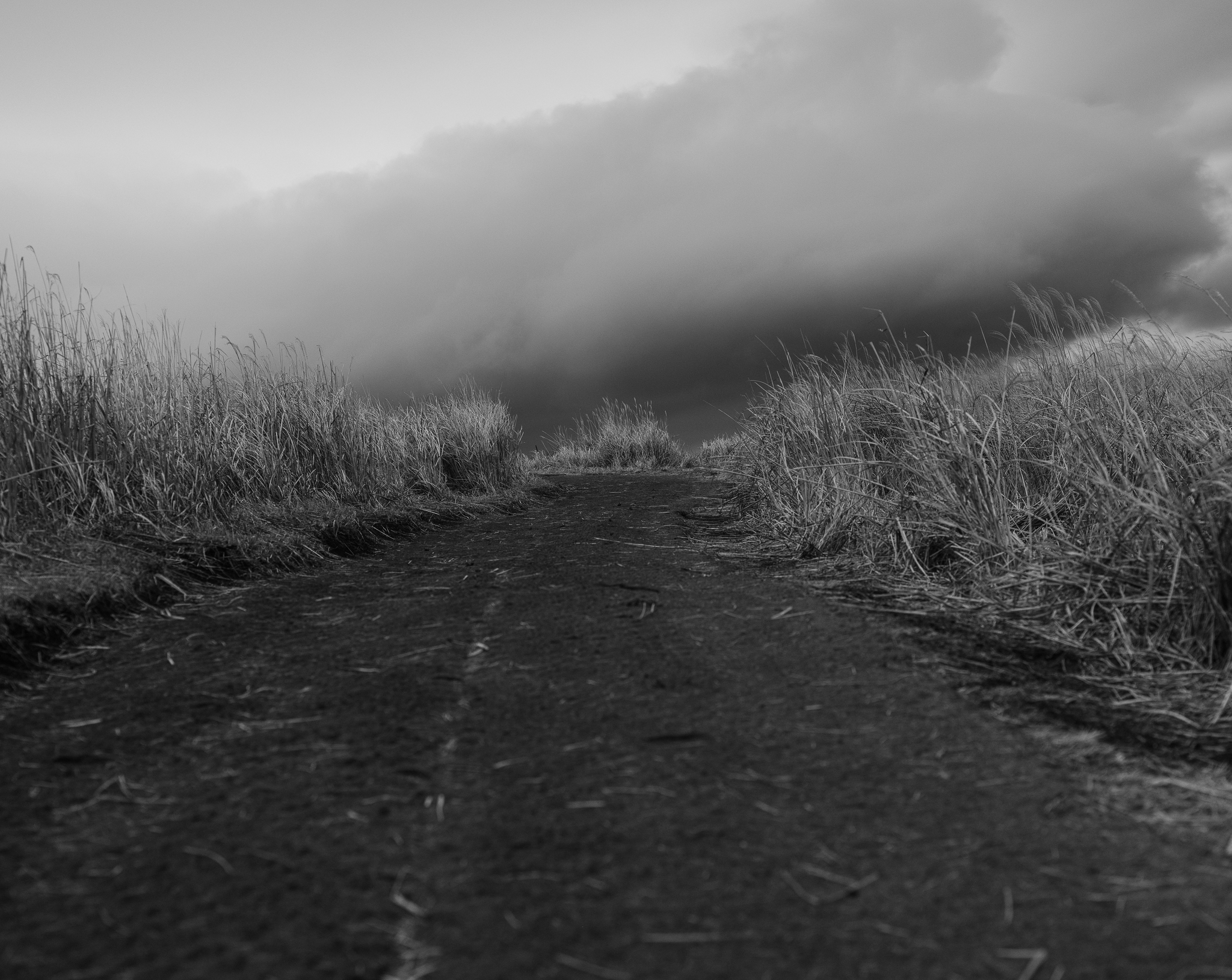
Calai asked her social media world to define or respond to the idea of “dor.” Their responses, below the images, begin to reveal the corners of the idea.
Caniela C. – I miss you!
Madalina P. – For me dor is a feeling of pain that presses on my soul whenever I miss something or somebody dear to me.
Maria Alaniz G. – The feeling after surviving a ‘storm.’ Walking away with what you have survived with and loving that you were able to.
D.C. – How much I miss my mother’s homemade bread.
Tiberiu Petre – All the longings travel, only a few arrive at the destination.
Yes, there is often a new-age feeling to the quotes. Yet, they are meant more as evocations than explanations. This book intends a poetic soul.
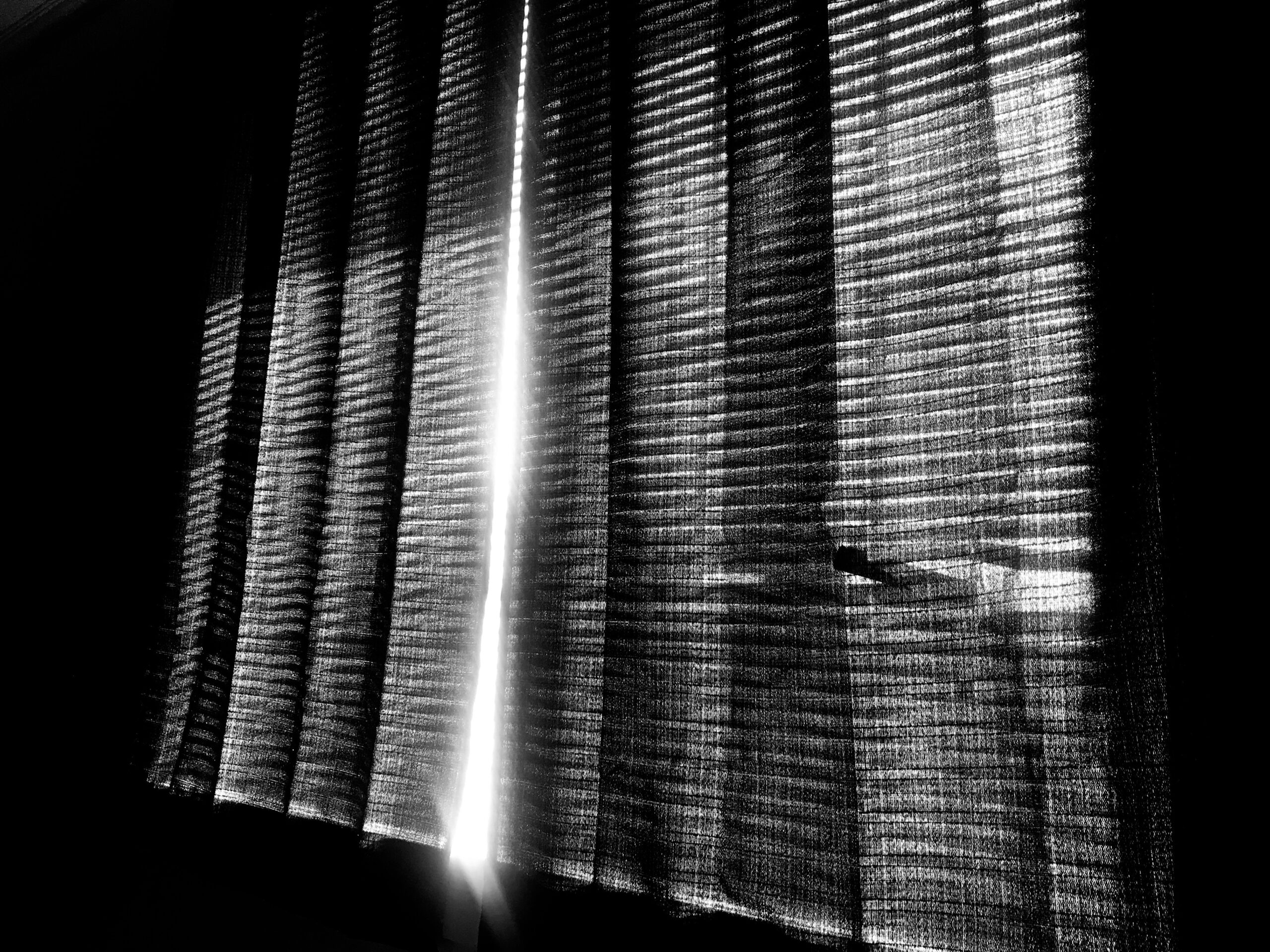
Many of the images are clear in the way they compose and frame the idea of longing. The cover image – a woman’s toes at the end of a bed, a blurry black dress on a hangar by a distant window with blinds – is a fine example of how an image can make a viewer pause and begin to tease out all the possible stories, stories that say more about the viewer than about the photographer. Likewise, the image of two lamps in front of a window, the image of a gathering of lawn chairs, the image of folds in bedsheets, all open worlds of response.

Other images, like a haiku, are deceptively simple. Two small clouds or two birds, for example. It’s easy to look at these images and think ok – so what? But then again, how many hours have all of us spent simply staring at two small clouds, or the dance of two small birds? What are we feeling when we see those clouds and birds? It’s a sense of longing. But not exactly just that. If you know you’re looking at images of dor, each of the images is worth pausing over and dreaming.
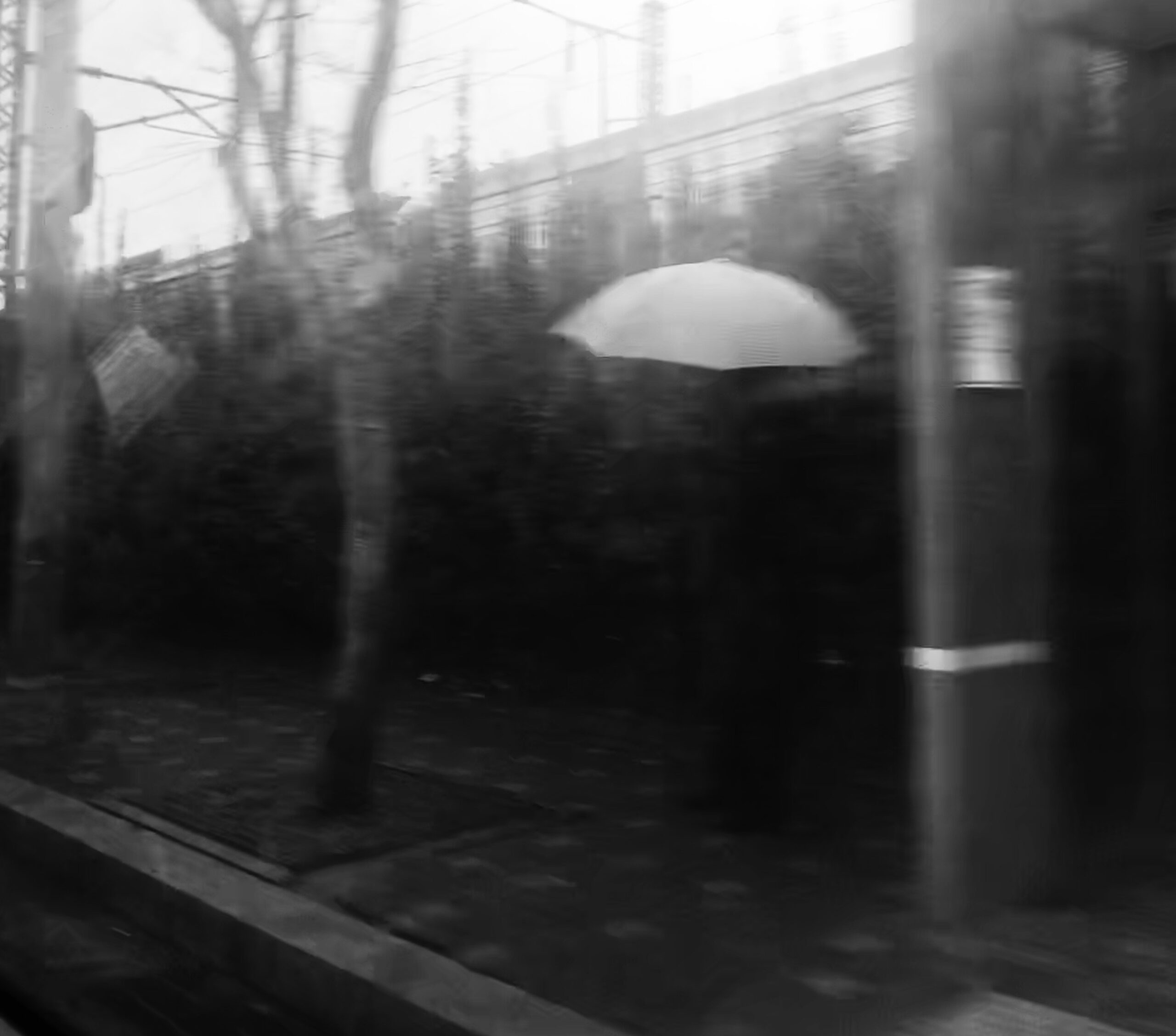
According to her website, “Born and raised in Romania, and for the later part of her life living abroad from Italy, to the United States and South Korea, [Mari Calai] has been traveling the world exploring different cultures, and that is what inspires her the most. She is an international award-winning photographer and an avid painter with her most recent exhibitions in Seoul, S. Korea and Washington D.C. area.”
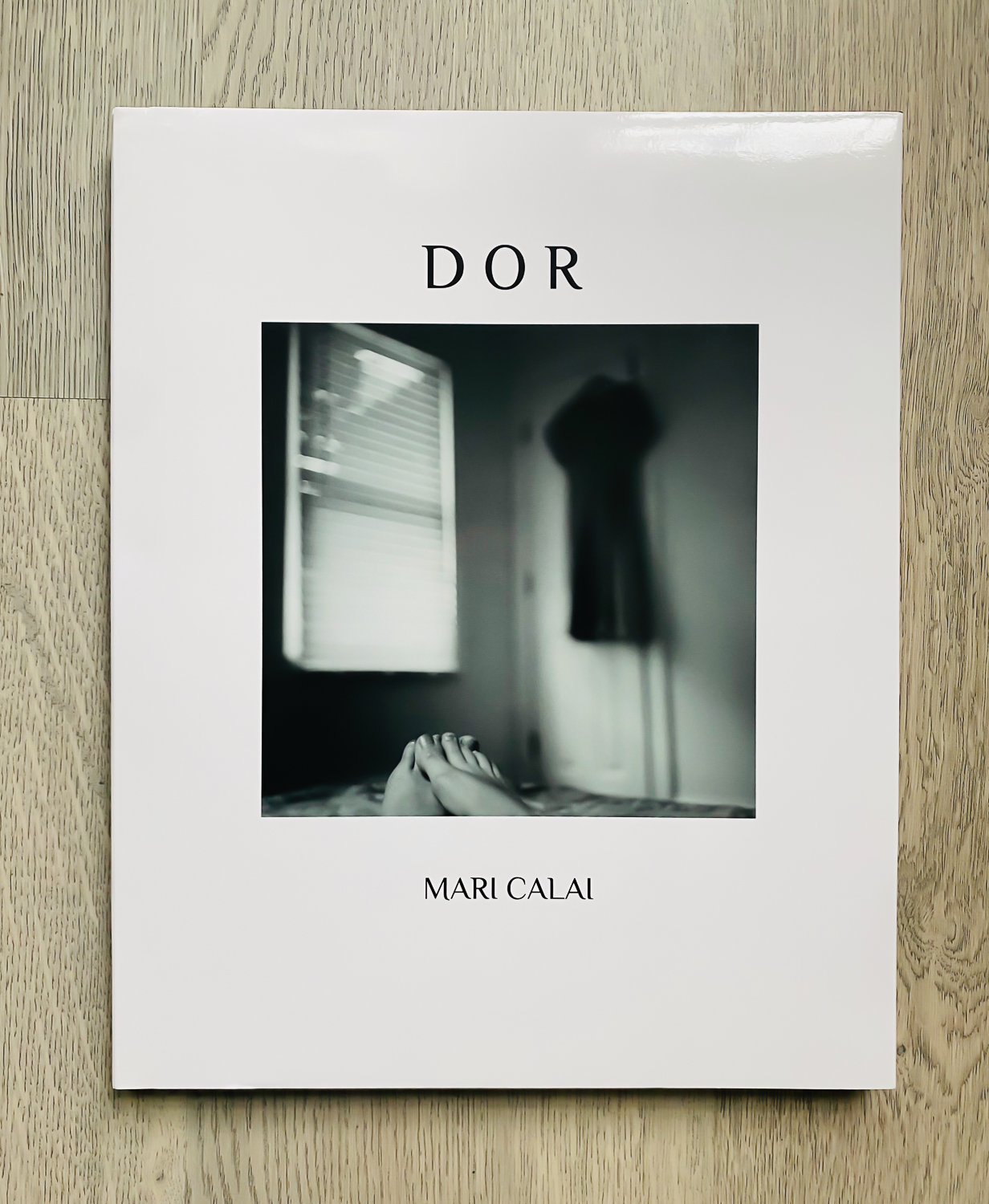
More information can be found at: maricalai.com.
A note from FRAMES: if you have a forthcoming or recently published book of photography, please let us know.

